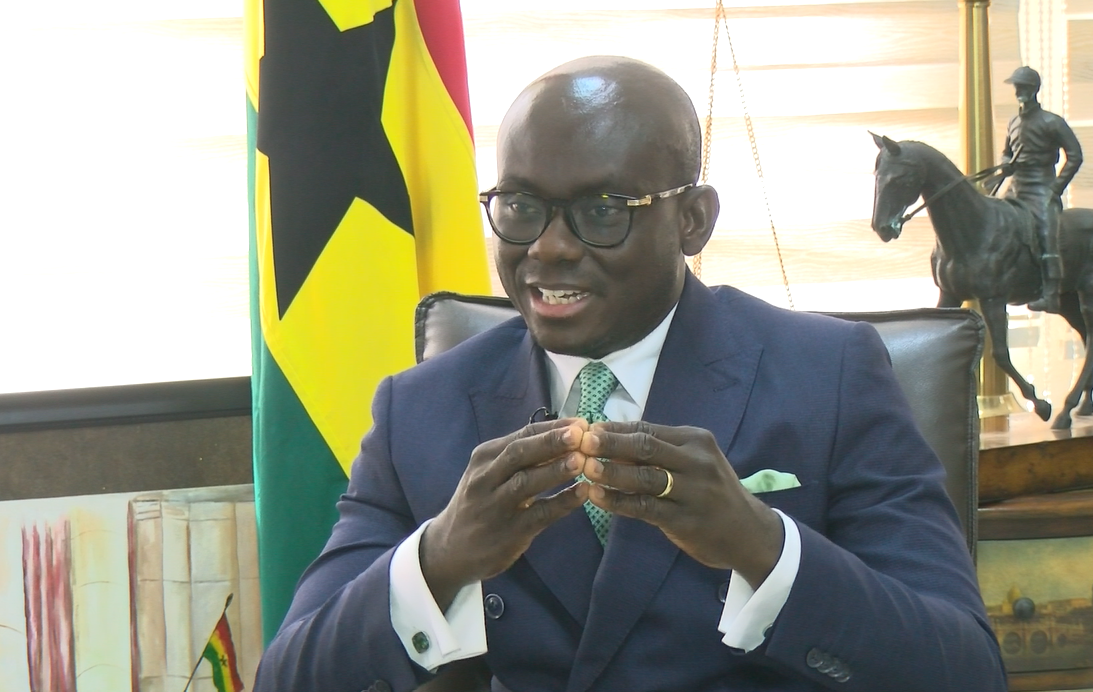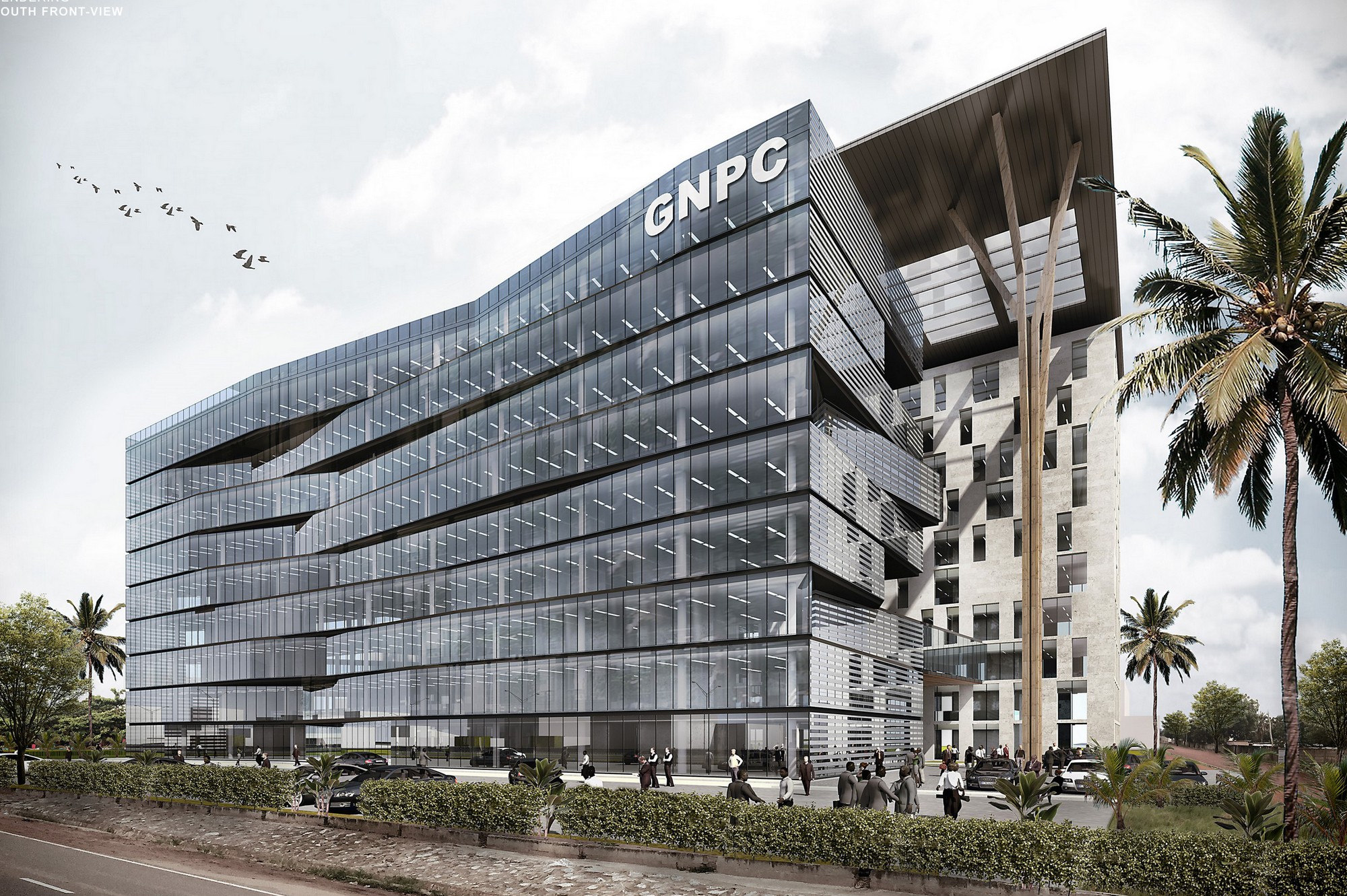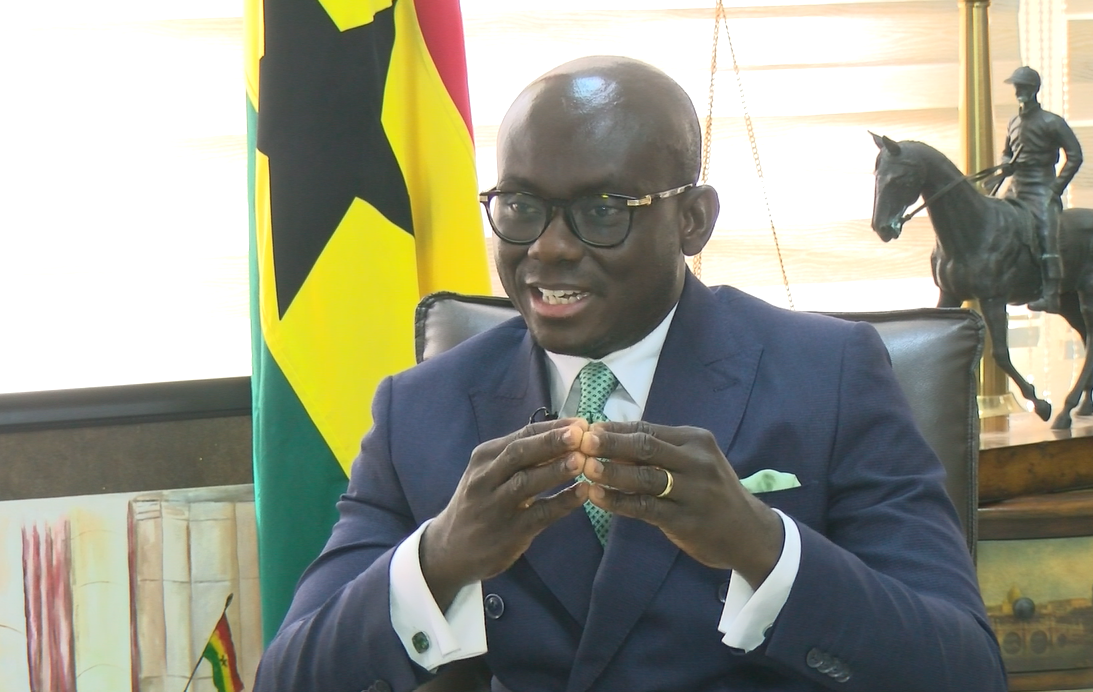Eni/Vitol case: Tribunal dismisses $7 billion claim against Ghana

The International Arbitration Tribunal has delivered its Final Award in the Eni & Vitol v. Ghana and the Ghana National Petroleum Commission (GNPC) case.
According to the Attorney-General’s Department, the decision is mixed for Ghana.
The Tribunal determined that the Unitisation Directives, as issued, were wrongful, including the imposition of unitisation terms and the arbitrary determination of initial tract participation.
On a positive note for Ghana, the Tribunal denied the Claimants’ monetary damages, which initially stood at $7 billion and were later reduced to $915 million plus interest by the end of the proceedings.
The Tribunal also rejected the Claimants’ request to declare that Ghana breached the Petroleum Agreement by refusing to withdraw or prevent reliance on the Unitisation Directives.
Furthermore, the Tribunal dismissed the Claimants’ request that Ghana notify its High Court, Court of Appeal, and Supreme Court that the Unitisation Directives were issued in breach of the Petroleum Agreement.

However, the Tribunal found that the Unitisation Directives, in their issuance, violated the Petroleum Agreement by being contrary to applicable regulations and breaching Article 26(2).
Despite this, the Tribunal affirmed Ghana’s authority to unitise oil fields for efficient exploitation.
The Tribunal dismissed all claims against GNPC and the Claimants’ requests regarding the alleged breaches of the Petroleum Agreement by Ghana.
Regarding fees and costs, the Tribunal decided that both parties would cover their own legal fees and costs, with Ghana paying 50% of the Claimants’ costs to the Swedish Chamber of Commerce, amounting to EUR 189,000. GNPC was not ordered to pay any amount, and the Claimants were denied interest on the costs.
Attorney-General Godfred Yeboah Dame expressed his satisfaction with the Tribunal’s partial rejection of claims against Ghana and the complete dismissal of claims against GNPC, particularly the monetary compensation claims by ENI/Vitol.
He emphasised the need for the parties to determine the best way forward. While unitisation is not inherently unlawful, the Tribunal’s issue was with the manner and circumstances of its execution.
Ghana can accept the Award or initiate proceedings to set it aside in the Swedish courts within two months.
This award is part of a series of successful defences by the Attorney-General’s Office, including victories in cases against Beijing Everyway, Cassius Mining, and Messrs Micheletti Company Limited.

